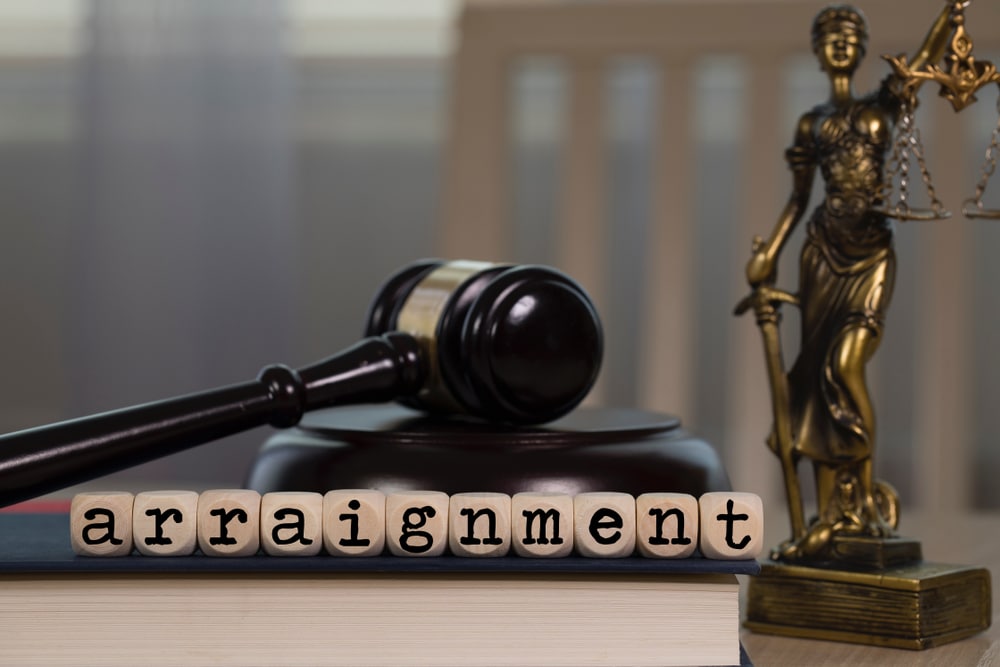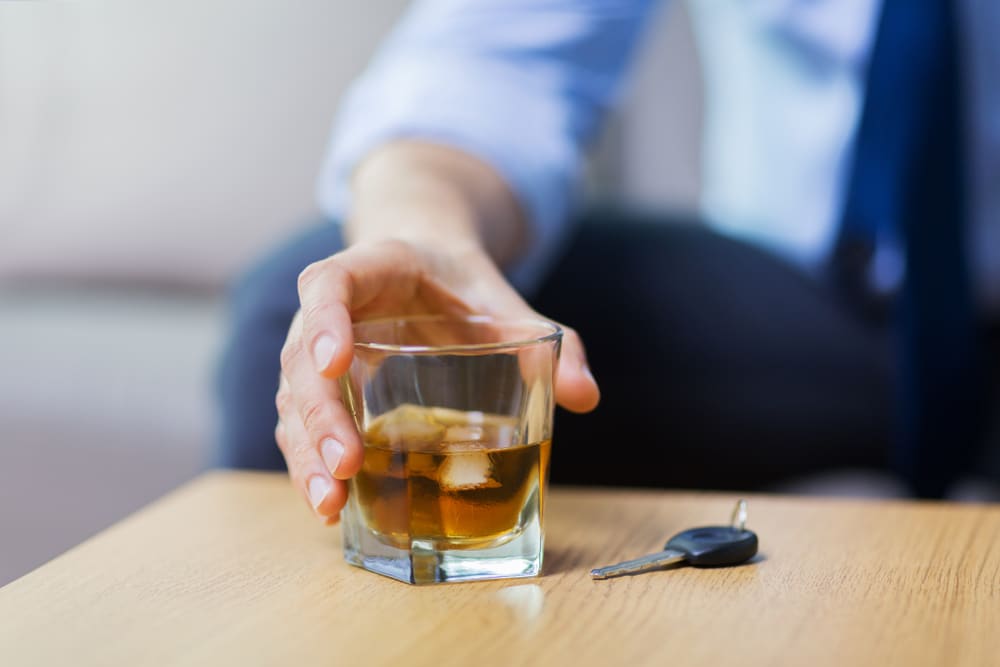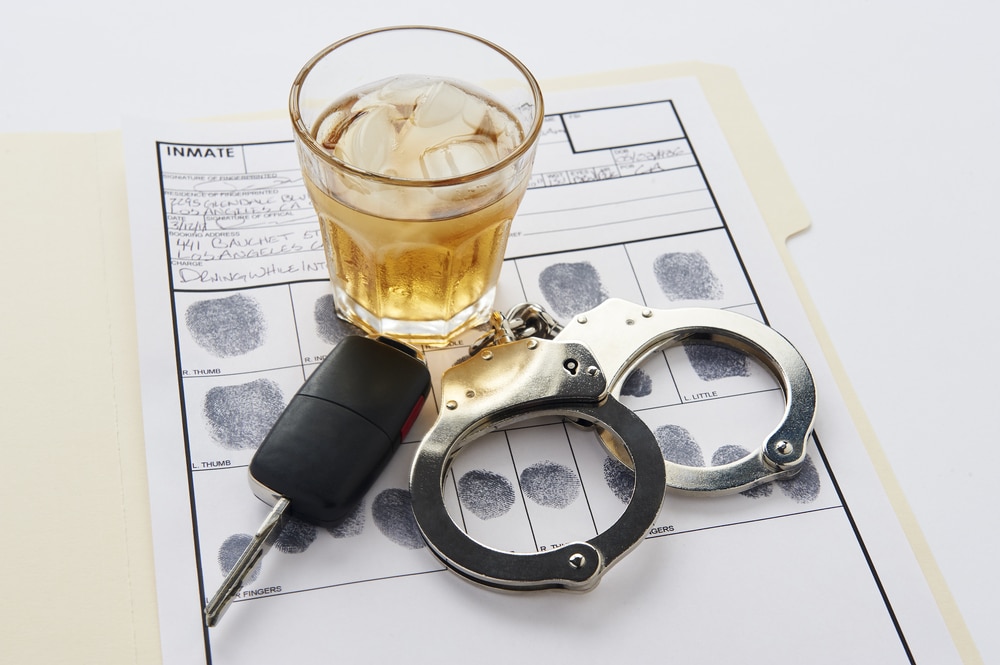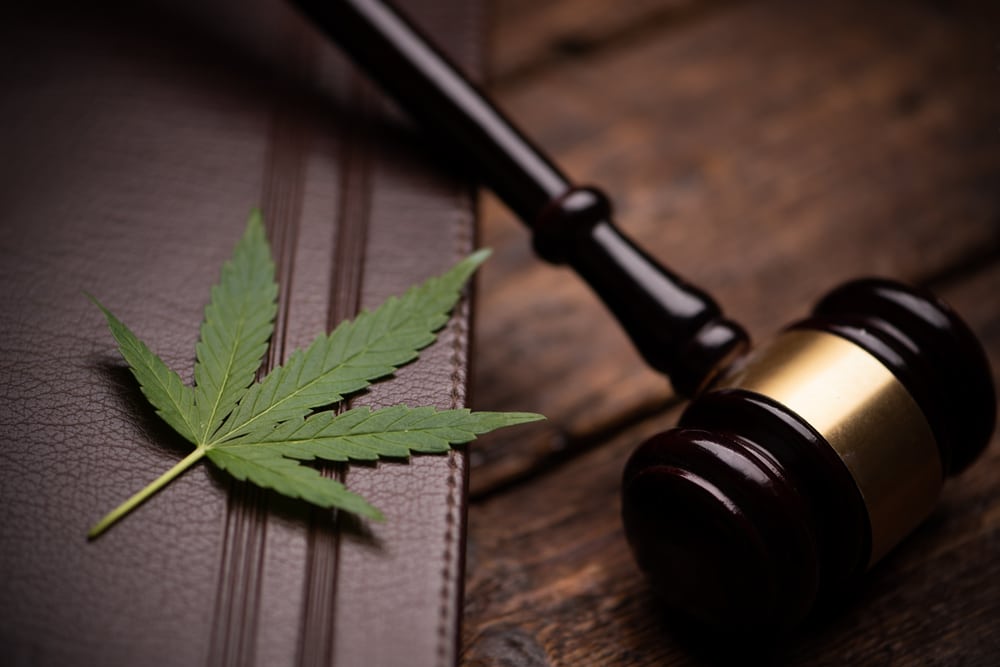The recent New York City subway incident that resulted in the death of Jordan Neely made headlines throughout the nation. While there are still many facts that are not yet known, and various issues that will need to be determined at trial, the case raises many critical and complex legal questions. Among those are when can physical force be used in the defense of oneself and others — and what happens if fatality results when acting in self-defense?
What Happened in the NYC Subway Case?
According to reports regarding the high-profile case, Marine veteran Daniel Penny was riding the F train when he observed another rider acting erratically and in a threatening manner toward straphangers. He and two other subway riders then took steps to restrain the individual by allegedly placing him in a chokehold. The individual was later identified as Jordan Neely, a 30-year old homeless man with a history of mental illness. Neely was pronounced dead after being transported to the hospital.
The New York City Medical Examiner ruled Neely’s death a homicide, noting that he died due to “compression of the neck (chokehold).” Subsequently, Penny was charged by the Manhattan DA’s office with second-degree manslaughter and released on a $100,000 bond. Penny’s attorneys have maintained that he had not intended to harm Neely and acted in self-defense.
What is Manslaughter in the Second Degree?
Not to be confused with murder, manslaughter is defined as causing someone’s death without the intent to do so. Under the New York Penal Law, a person can be found guilty of the crime Manslaughter in the Second Degree when they recklessly cause the death of another. A person’s actions constitute recklessness when they:
- Engage in conduct that creates or contributes to a substantial and unjustifiable risk that the death of another will occur; and
- They are aware of the risk and consciously disregard it; and
- That risk is of such nature and degree that disregard of it is a gross deviation from the standard of conduct a reasonable person would observe under the circumstances.
All of the above elements must be proven beyond a reasonable doubt in order for the jury to find a person guilty of Manslaughter in the Second Degree — and for the prosecution to obtain a conviction.
When Can You Legally Use Force to Defend Yourself and Others?
Under New York law, a person is permitted to use self-defense in limited situations. Self-defense can be used as a justification when the use of physical force would otherwise constitute criminal conduct, such as in cases involving manslaughter charges. Pursuant to Article 35 of the New York Penal Law, a person may use the amount of physical force they believe to be reasonably necessary to protect themselves and others from what they reasonably believe to be the unlawful imminent use of force or the actual use of force.
New York also imposes a duty to retreat — deadly physical force may only be used in situations where there are no other options. However, in addition to having the ability to retreat to complete safety, the individual must have actual knowledge of a safe retreat in order for the duty to be imposed. There is no duty to retreat under certain circumstances, such as in one’s home or in cases where deadly physical force is used against a person who is attempting or committing a robbery, rape, or kidnapping.
Contact an Experienced New York Criminal Defense Attorney
If you have been charged with manslaughter or assault after acting in self-defense, it’s critical to have a skillful criminal defense attorney by your side who can fight for your rights. The attorneys at D’Emilia Law offer committed counsel and reliable representation for those who have been charged with a criminal offense for acting in defense of themselves or others and work diligently to obtain the best possible results for every client. To schedule a consultation, contact us at 1-888-DEMILIA.











